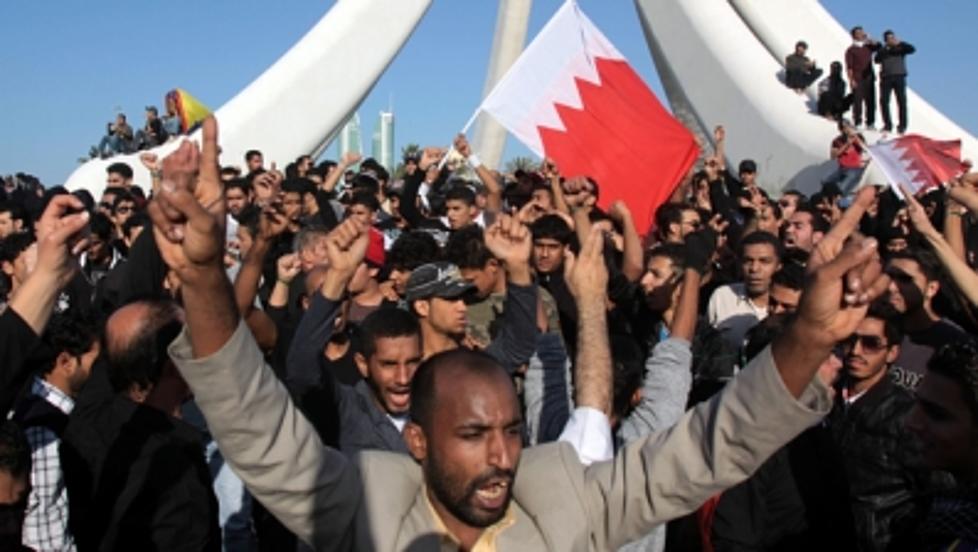
Egyptian Military Rulers Meet With Youth Movement
Egypt's military rulers took sweeping action to dismantle the autocratic legacy of former President Hosni Mubarak, dissolving parliament, suspending the constitution and promising elections in moves cautiously welcomed by pro-democracy protesters.
They also met on Sunday with representatives of the broad-based youth movement that brought down the government after an 18-day uprising that transfixed the world.
The caretaker government, backed by the military, said restoring security was a top priority even as labor unrest reflected one of the many challenges of steering the Arab world's biggest nation toward stability and democracy.
On Sunday, prominent activist Wael Ghonim posted on a Facebook page he manages notes from a meeting between members of the military council and youth representatives, which he described as encouraging.
The military defended the caretaker government, stocked with Mubarak loyalists, as necessary for now in the interests of stability but pledged to soon change it, said Ghonim and another protester, Amr Salama, in the statement.
"They said they will go after corrupt people no matter what their position current or previous," the statement added. Amendments to the much reviled constitution will be prepared by an independent committee over the next 10 days and then presented for approval in a popular referendum to be held in two months, they said.
The military also encouraged the youth to consider forming political parties -- something very difficult to do under the old system -- and pledged to meet with them regularly.
"We felt a sincere desire to protect the gains of the revolution and an unprecedented respect for the right of young Egyptians to express their opinions," Ghonim said.
Even amid the efforts to build a new system, Egypt's upheaval has splintered into a host of smaller grievances, the inevitable outcome of emboldened citizens feeling free to speak up, most for the first time.
They even included about 2,000 police, widely hated for brutality and corruption under Mubarak, who marched to the Interior Ministry to demand better pay and conditions. They passed through the protest camp at Tahrir Square, where demonstrators hurled insults, calling them "pigs" and "dogs."
Egypt's state news agency announced banks would be closed Monday due to strikes and again Tuesday for a public holiday. Dozens of employees protested against alleged corruption at the state television building, which broadcast pro-Mubarak messages during the massive demonstrations against his rule.
The caretaker government met for the first time, and employees removed a huge frame photograph of Mubarak from the meeting room before they convened.
The crowds in the protest encampment that became a symbol of defiance against the government thinned out Sunday -- the first working day since the regime fell. Traffic flowed through downtown area for the first time in weeks. Troops cleared most of the makeshift tents and scuffled with holdout activists.
The protesters have been pressing the ruling military council, led by Defense Minister Hussein Tantawi, to immediately move forward with the transition by appointing a presidential council, dissolving parliament and releasing political prisoners. Thousands have remained in Tahrir Square and some want to keep up the pressure for immediate steps, including repeal of repressive emergency laws that give police broad power.
As Egypt embarked on its new path -- one of great hope but also deep uncertainty -- the impact of its historic revolt and an earlier uprising in Tunisia was evident in a region where democratic reform has made few inroads.
Yemeni police clashed Sunday with protesters seeking the ouster of the U.S.-backed president, and opposition groups planned a rally in Bahrain on Monday. Demonstrators have also pushed for change in Jordan and Algeria, inspired by the popular revolt centered in downtown Cairo.
Foxnews.com
More From News Talk KIT









